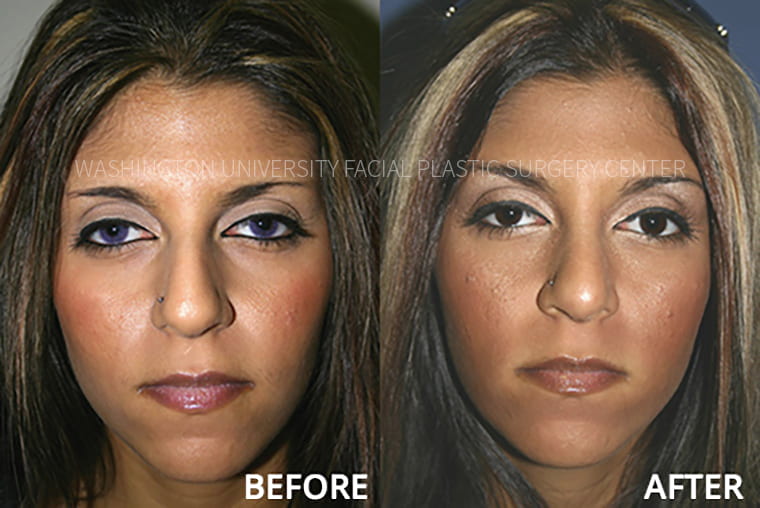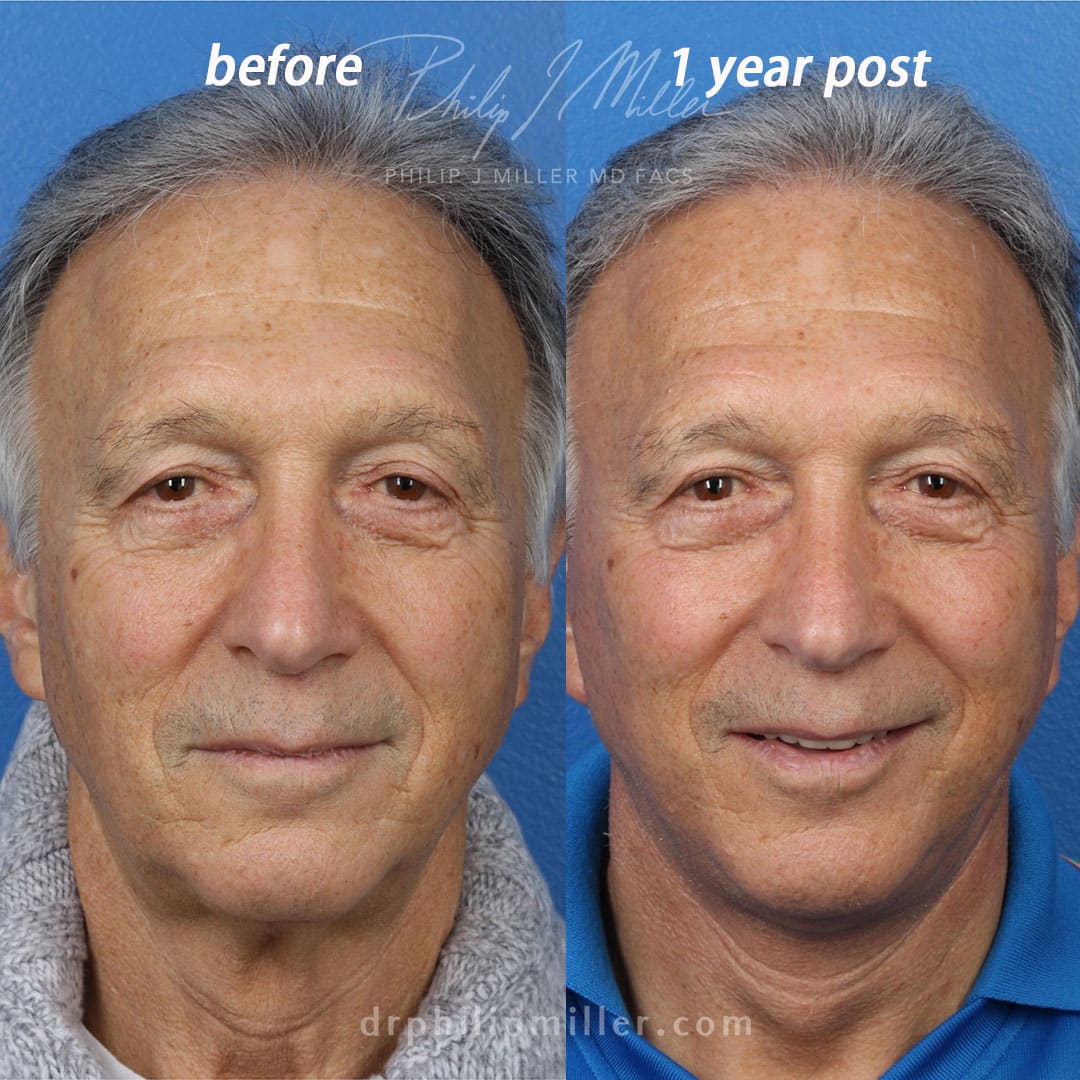A Deep Dive Into the Usual Justifications for Looking For Plastic Surgery: Unloading the Desire for Modification and Self-Improvement

Societal Stress and Elegance Specifications
Regularly, social pressures and dominating beauty requirements play a significant role in individuals' choices to seek plastic surgery (liposuction bellevue). In modern society, graph greatly affects individual assumptions of good looks, frequently perpetuated by media, star recommendations, and social platforms. These channels frequently advertise idyllic variations of appeal, leading people to internalize these standards and assess their self-worth against them

Furthermore, these pressures are not limited to specific demographics; they affect individuals throughout various ages, sexes, and histories, highlighting the prevalent nature of appeal standards. This widespread influence elevates vital concerns regarding the values of plastic surgery and the ramifications of social criteria on individual choices. Eventually, recognizing these pressures is vital for cultivating a much more comprehensive interpretation of elegance that celebrates variety.
Personal Experiences and Transformative Stories
Many individuals who undergo cosmetic surgery report transformative experiences that extend beyond plain physical changes. For several, these procedures work as a catalyst for boosted self-confidence and a renewed sense of identification. Individuals regularly define sensation liberated from long-standing insecurities, bring about enhanced self-confidence in both professional and personal worlds.
Take, for instance, the story of a girl who went through boob job after years of feeling awkward about her look. Post-surgery, she reported not just a newfound convenience in her body but likewise a significant renovation in her social life and profession opportunities. Similarly, a middle-aged guy who selected to undertake a renovation shared how the procedure revitalized his expectation on life, triggering him to pursue new passions and partnerships.

Mental Variables Behind Plastic Surgery
Countless mental aspects add to the decision to go through cosmetic surgical treatment, showing much deeper psychological and emotional wellness factors to consider. Individuals usually go after surgical enhancements as a method to resolve sensations of inadequacy, low self-confidence, or discontentment with their look. These emotional inspirations can be rooted in previous experiences, social contrasts, or individual desires.
Body photo distortion is a widespread concern, where people regard their physical attributes in an exaggeratedly negative light. This distortion can lead to obsessive ideas concerning regarded imperfections, motivating the need for medical change as a solution. Additionally, the pursuit of perfection and societal stress can intensify these sensations, pressing people towards aesthetic treatments in hopes of accomplishing an idyllic variation of themselves.
In addition, the concept of self-improvement plays an essential duty. Many individuals check out cosmetic surgical treatment as a pathway to boost their lifestyle, thinking that improved appearance will bring about increased social acceptance, much better partnerships, or boosted career opportunities. Eventually, the mental variables behind plastic surgery highlight the intricate interplay in between private self-perception and outside influences, revealing the complex nature of the need for adjustment.
The Role of Media in Perception
In today's culture, media plays an essential role in forming assumptions of charm and self-worth. Via various systems-- social media, television, and advertising and marketing-- idealized criteria of charm are typically shared, influencing specific goals and self-image. These representations frequently stress narrow interpretations of beauty, mostly including youthful, slim, and electronically enhanced photos, which can produce impractical criteria for people striving to conform.
The influence of media is more exacerbated by the pervasive nature of social media, where customers are pestered with curated material that highlights aesthetic enhancements, supporting a culture of comparison. This constant direct exposure can bring about sensations of inadequacy amongst viewers, prompting them to take into consideration plastic surgery as a way of attaining the viewed perfect. Research indicates that individuals that involve with these media representations are more probable to share frustration with their look, reinforcing the wish for surgical treatments.
Additionally, the normalization of plastic surgery in media narratives can desensitize audiences, framing such procedures as commonplace and even needed for social approval. Hence, the media's portrayal of charm not only influences private options regarding plastic surgery but also contributes to a broader societal dialogue regarding self-worth and identity.
Honest Considerations and Future Fads
Amidst the growing popularity of cosmetic surgical treatment, ethical considerations bordering the technique this hyperlink have actually become progressively popular. As the demand for treatments increases, so as well do concerns concerning informed authorization, the emotional inspirations of individuals, and the capacity for exploitation by cosmetic surgeons. It is important for specialists to ensure that patients totally comprehend the risks and benefits, in addition to the implications of their selections, to promote an accountable approach to aesthetic improvements.
Moreover, the influence of social media and beauty criteria elevates inquiries concerning the effect on mental health, specifically amongst susceptible populaces. As recognition of body photo problems grows, ethical technique requires a cautious assessment of the inspirations behind medical interventions. Surgeons should stabilize individual wishes with ethical obligation, ensuring that choices are rooted in authentic self-improvement rather than social pressures.
Seeking to the future, fads may change towards non-invasive and technically advanced procedures, emphasizing person security and satisfaction. Additionally, the incorporation of psychological assessments can help resolve underlying concerns before surgical intervention. The plastic surgery area must adapt to these honest obstacles while advertising a culture of transparency and self-acceptance, ultimately prioritizing the wellness of individuals.
Conclusion
In conclusion, the pursuit of plastic surgery is influenced by a confluence of social stress, individual experiences, and emotional aspects. The wish for positioning with prevailing beauty standards, find paired with the possibility for transformative outcomes, emphasizes the intricate inspirations driving individuals toward these treatments. In addition, the duty of media fit understandings of charm can not be understated. As moral factors to consider develop, future trends in cosmetic surgical procedure will likely mirror continuous societal discussions surrounding self-improvement and individual identification.
Often, societal pressures and dominating appeal standards play a considerable role in people' decisions to seek cosmetic surgery. liposuction bellevue. Inevitably, these transformative stories highlight the complex reasons individuals look for cosmetic surgical procedure, linking individual growth with the quest of visual enhancement
Lots of people view cosmetic surgical treatment as a pathway to boost their high quality of life, thinking that improved appearance will certainly lead to increased social approval, far better relationships, or improved job chances. Inevitably, the psychological elements behind cosmetic surgical procedure underscore the complex interplay in Get More Info between specific self-perception and external influences, exposing the complex nature of the need for change.
As ethical considerations advance, future fads in cosmetic surgery will likely reflect continuous social discussions bordering self-improvement and specific identity. liposuction bellevue.